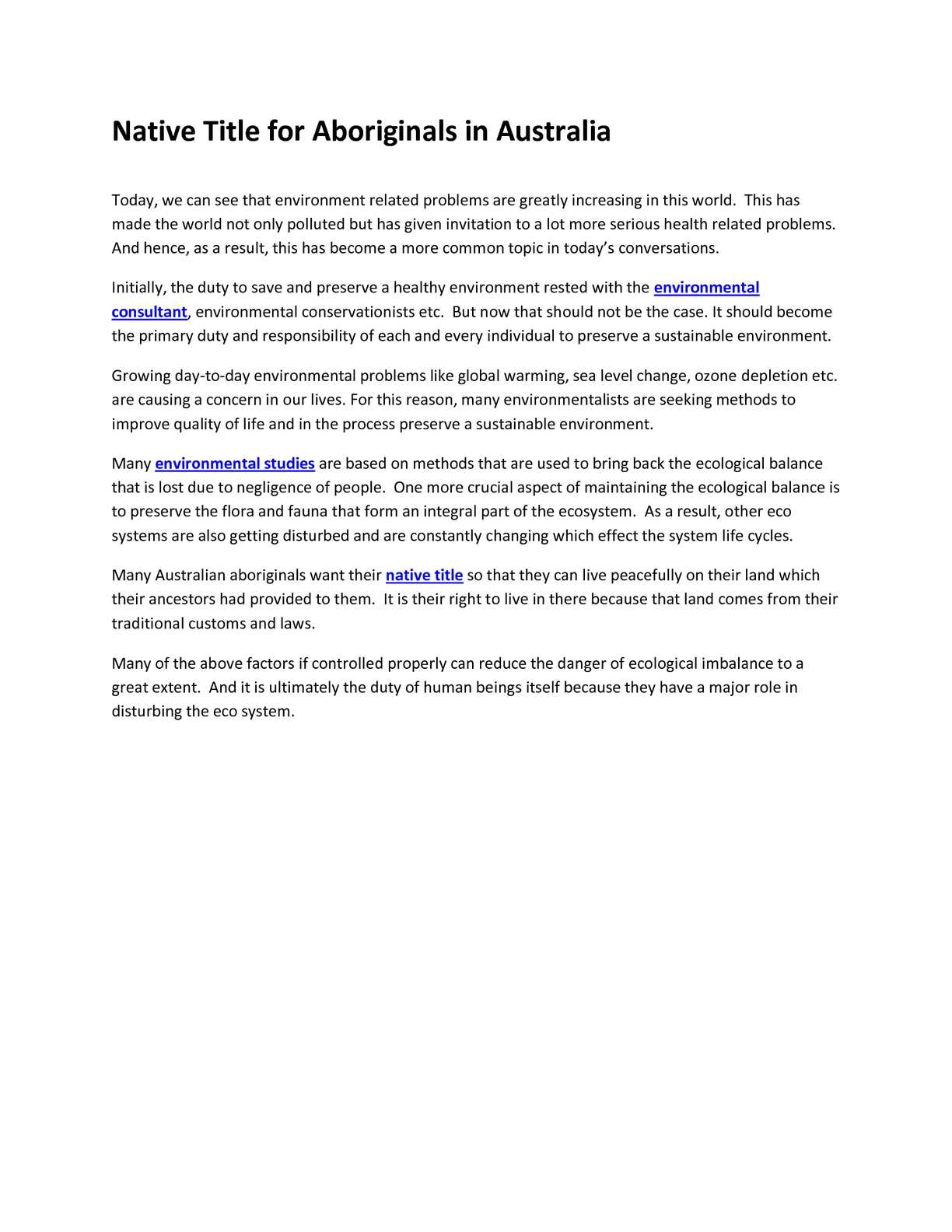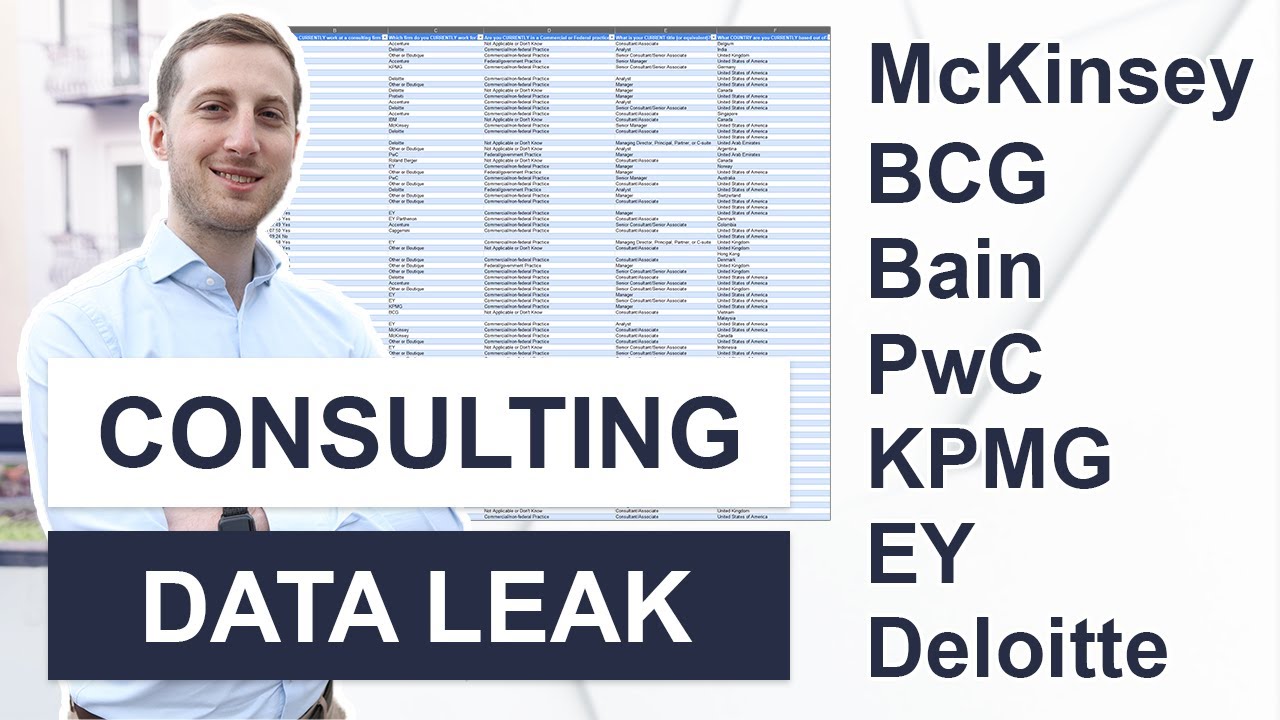
You are here if you're looking for an environmental consulting job. This article will provide information about the different types of environmental consulting jobs, their costs, and how to get one. You will also discover how to find an environmental consulting firm in Denver.
Job description
As an environmental consultant, you'll support companies in ensuring compliance with regulations, analyze samples, develop models, and make projections. You will work alongside a range of technical experts and implement the most recent engineering technologies. Project managers will direct you. Additionally, you'll need to communicate effectively with clients, subcontractors and other stakeholders as part of field activities. Safety is a key component of your technical skills.
This job's pay scale can vary widely depending on education and experience. You can find more information in the Professional Salary Report. Generally, an environmental consultant can earn anywhere from $63,354 to $83,552 per year.

Salary
The salary for an Environmental Consultant in Denver is relatively higher than in other areas of Colorado. The cost of living in these areas could be a factor in deciding where to live. The average Colorado salary for the job of Environmental Consultant is $53,560.
The Salary for an Environmental Consultant Denver varies depending on what type of company you work for. Many private midsize companies offer competitive salaries and benefits for their employees.
Types of environmental consultant
There are many job titles for Environmental Consultants in Denver. They can also consult on environmental issues. These professionals can create models, projections and analyze samples. They are also capable of managing projects in the manufacturing or chemical industry. The salary of an Environmental consultant can vary depending upon experience and employer.
This role requires a master's in environmental science or another related field, as well as two to five years work experience. You must be a communicator and have good organizational skills. You must also be able to work efficiently and quickly. They should also be able to write well and have a good eye for detail.

Denver, Colorado location for environmental consulting firm
Denver and the surrounding regions have many options for environmental consulting firms. Many environmental companies can handle small and large projects. They will also provide you with an environment assessment. Many companies offer asbestos surveys and various types of testing. They can also help with litigation. These services can be provided by some of the leading Denver environmental consulting companies. You can read on to find out more about Denver environmental consulting firms.
Element Building Sciences is one Denver environmental consultancy firm that provides full service. They are experts in mold and asbestos remediation. They offer indoor air quality testing, laboratory analysis, and laboratory analysis. You can rely on their services in schools, hotels, and other residential settings.
FAQ
Why would a company hire consultants?
Consultants offer expert advice to help improve your business' performance. They aren't there to sell your products.
A consultant is a person who helps companies make better choices by providing sound analysis, and making recommendations for improvement.
Consultants often work closely with senior management teams to help them understand what they need to do to succeed.
They provide coaching and leadership training for employees to enable them to achieve their peak performance.
They may advise businesses on reducing costs, streamlining processes, and increasing efficiency.
What can I expect of my consultant?
When you choose your consultant, they should respond within a few working days. They will ask you for information about your business, including the mission, goals, products, and budget. They will then send you a proposal that outlines the scope of work and estimates timeframe, fees, deliverables, milestones and other details.
If all goes according to plan, the two sides will sign a written deal. The type and content of the contract will vary depending on whether the relationship is employer-employee/employer-independent contractor.
If everything goes as planned, the consultant may begin to work immediately. S/he will have access to your internal documents and resources, and you'll have access to his/her skills and knowledge.
Don't think that consultants are experts. To become an expert in any field you consult, it takes practice and effort. So, don't expect your consultant to know everything about your business.
What is the average price you should charge for a consulting job?
It all depends upon what you offer. If you are offering services for free, it is not worth charging anything. If you're selling products or services however, prices should be determined based on their value.
If you are providing low-quality services, then you don't have anything to sell. You are not worth anything, so why should anyone pay you anything.
If you're providing high-quality services you might ask for a greater price. Because people are aware of the value you provide, they will be more willing to pay you a higher rate. Also, clients who purchase multiple packages from your company may get discounts.
What's the difference between an advisor and a consultant?
An advisor provides information about a topic. A consultant can offer solutions.
A consultant works directly alongside clients to help them realize their goals. Clients are referred to advisors through books, magazines and lectures.
Do I need to pay tax on consulting income?
Yes, you will need to pay tax on your consultancy profits. The amount depends on how much you earn per year.
If you are self employed, you can claim expenses in addition to your salary. This includes rent and childcare.
However, you can't deduct interest payments for loans, vehicle depreciation or the cost to purchase equipment.
You can only claim back 25% of your expenses if you earn less than PS10,000 a year.
But even if you're earning more than this threshold, you might still be taxed depending on whether you're classed as a contractor or employee.
The PAYE tax for employees and the VAT tax for contractors is generally paid as you earn.
What was the origin of modern consultancy?
The first consultants were accountants who helped companies manage their finances. They were able to manage financial information and became "accounting experts". The role soon expanded to include other areas, including human resources management.
The French word "to advise" is the origin of the term "consultant". It was first used by businessmen to refer to someone who could give advice about how to run an organisation. Many business owners use the term "consultant" to describe any professional advisor.
Statistics
- According to statistics from the ONS, the UK has around 300,000 consultants, of which around 63,000 professionals work as management consultants. (consultancy.uk)
- My 10 years of experience and 6-step program have helped over 20 clients boost their sales by an average of 33% in 6 months. (consultingsuccess.com)
- Over 62% of consultants were dissatisfied with their former jobs before starting their consulting business. (consultingsuccess.com)
- Over 50% of consultants get their first consulting client through a referral from their network. (consultingsuccess.com)
- On average, your program increases the sales team's performance by 33%. (consultingsuccess.com)
External Links
How To
What does a typical consultant's day look like?
Each type of work will dictate the day's pace. However, the majority of your day will consist of research and planning, meeting clients and preparing reports.
You will often have meetings where you discuss issues and problems with clients. These meetings can be conducted over the phone, by email, face-to-face, or online.
You may also be asked to prepare proposals, which are documents outlining your ideas and plans for clients. You'll need to discuss your proposals with a mentor, colleague, or friend before you present them.
After all the planning and preparation, you will have to produce some content. You could write articles, design websites, edit photos or conduct interviews.
You may need to conduct research depending on the scope of your project to find relevant statistics and figures. For example, you may need to find out how many customers you have and whether they are buying more than one product or service.
After gathering enough information, you can present your findings to clients. You may give your findings orally or in written form.
You must also follow up with clients following the initial consultation. You might contact them regularly to check on their progress or send them emails to confirm they have received your proposal.
Although it takes time, this process is worth it. It's also important to keep your eyes on the prize and maintain good relations with clients.